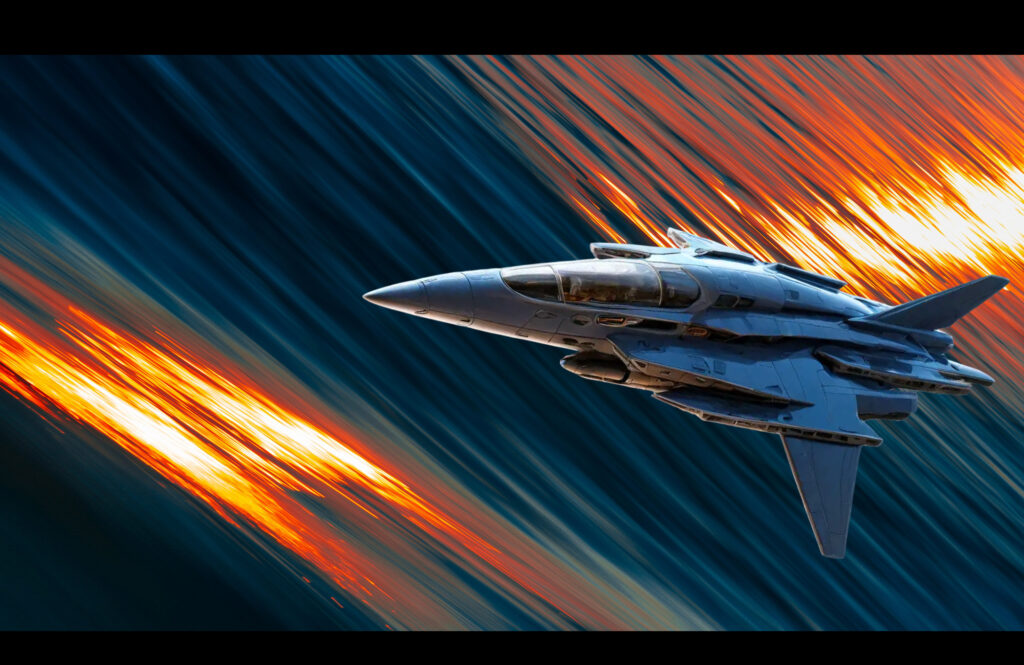 M. Frost
M. Frost
Interstellar Spaces
…………………After T.S. Eliot
They all go into the dark, at last,
even the cockroaches, locusts and the mice,
little beetles burrowed into winter wheat.
They invade the underbelly of the ship,
and there they breed, and there they die
for twenty years or more, en route to paradise.
If not paradise, then what was billed as such,
a planet terraformed to sublime grace, the first—
by which to say—the experiment, the breaking-
ground, first step on the path, the origin point.
Indeed, to read the propaganda—the Eden
from which the next civilization would dawn.
They all go into the dark. The cockroaches
and the couples chosen for their hardy genes,
the artists and the locusts—for who else
could build paradise and then sing about it?
But for twenty years? What emptiness ate its way
into their hearts, a match to the emptiness beyond,
the darkness absolute but for the dying light of stars?
_______________
The creative work of M. Frost has appeared previously in Abyss & Apex, as well as in Strange Horizons, Star*Line, Sow’s Ear, The Hopkins Review, Camas, and many other venues, including a chapbook publication, Cow Poetry, from Finishing Line Press.
Author’s Notes and Backstory: Genesis of the poem: The title and opening line are quotes from T.S. Eliot’s Four Quartets (East Coker III): “O dark dark dark. They all go into the dark / The vacant interstellar spaces, the vacant into the vacant…” It’s a poem I love for the juxtaposition of desolation with hope.
When I wrote the first version, I imagined, not Eliot’s metaphoric journey into the soul, but the literal journeys humanity hopes to make between the stars. Pests often have accompanied humans on their voyages—mice and cockroaches are among the most tenacious of species—perhaps there is something to learn from them.
When I returned to this poem after a hiatus, I was thinking about a different kind of passenger—loneliness—what U.S. Surgeon General Dr. Vivek Murthy describes as an epidemic in our society. I wondered if selection of voyagers based on skills and stocking the starship with the goods needed to start a new civilization would miss key elements critical to survival—social connection and the physical spaces that support it. I wondered who the voyagers would become during their long journey through the dark.
Editor’s Comments and Image Citations: With the poem’s ending, I am taken to Longfellow’s poem, “The Light of Stars” (originally the “Second Psalm of Life”), which closes with advice/encouragement in the really dark times: Know how sublime a thing it is / To suffer and be strong, which I believe is a survival instinct for the hybrids in the poem.
Image Credit: Abstract image (Daniel Olah/Unsplash) with starship (pngmaker) superimposed

Pingback: SFPA January 2025 Round-Up – SPECPO